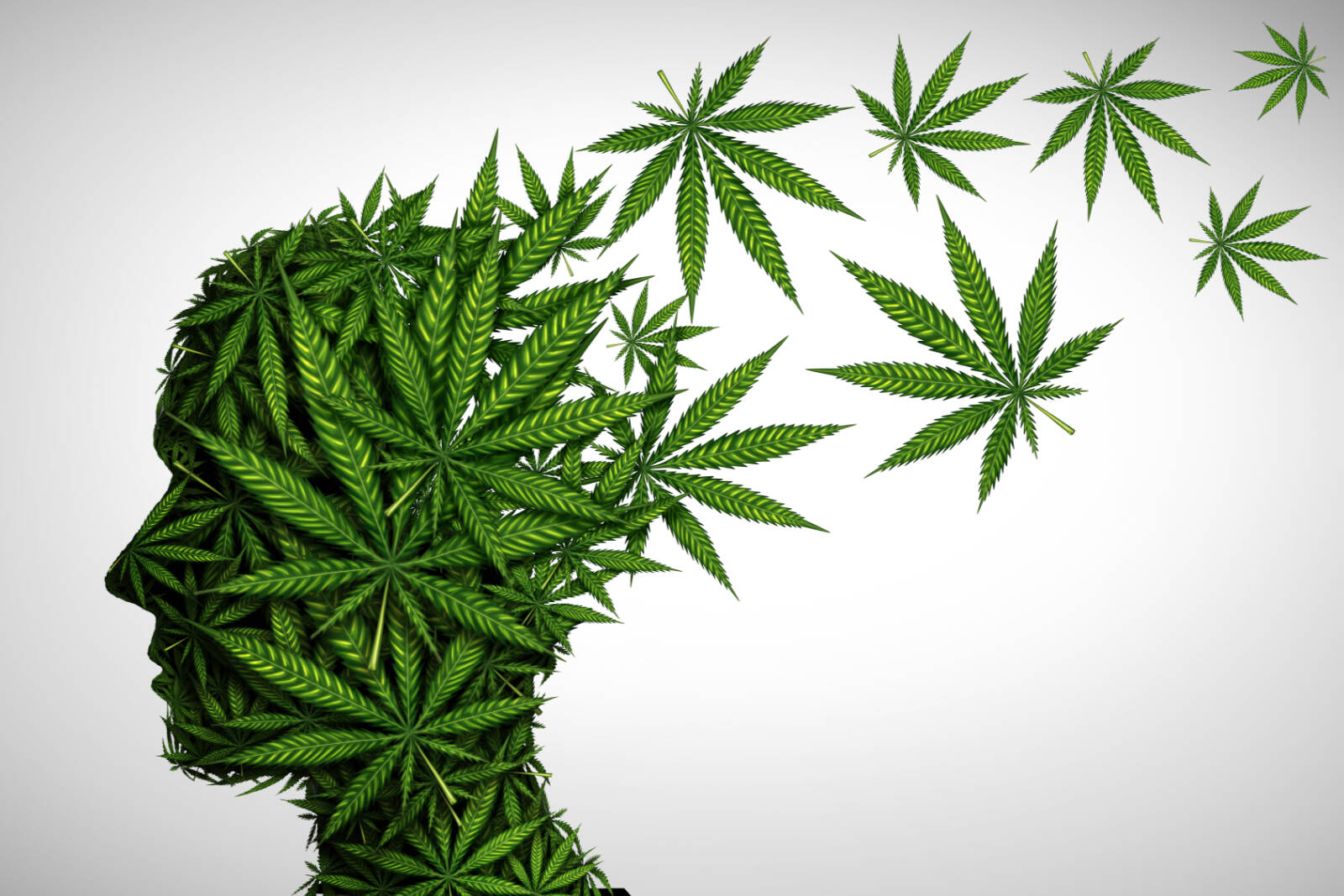Cannabis is the third most-consumed psychoactive substance in the world, after alcohol and nicotine, and many people considering using cannabis, whether medicinally or recreationally, may have questions about the side effects of smoking weed – especially on how cannabis affects the brain.
Short-term effects
According to Cannabis in Canada, from the Government of Canada, the short-term effects of cannabis use can impair thinking, concentration, memory, and decision-making, which can impact your ability to do your job or schoolwork.
Although cannabis can bring a feeling of euphoria, or a high, it can also cause anxiety and panic. However, this is typically associated with using products containing higher levels of THC (20 percent THC or more). Since everyone’s response to cannabis is different, carefully choosing the product you use can alleviate this effect. Remember – start low, go slow.
READ MORE: Start Low, Go Slow: A beginner’s guide to edible cannabis
Long-term effects
Health Canada notes that frequent use of cannabis over a long period of time can increase the risk of addiction or cannabis dependency, with studies suggesting it can negatively affect health, social life, school or work.
Long-term use is also linked to an increased risk of developing or worsening anxiety and depression disorders. If you’ve been diagnosed with these disorders, stopping or reducing cannabis use can improve your mental health.
Effects on young people
Since the teenage brain is not yet fully mature, with development continuing until at least the early or mid-20s, cannabis use can impact how connections are made within the brain.
According to the American Addiction Centers, consuming cannabis affects the same biological system responsible for brain development.
Starting cannabis use as a teen, and consuming it frequently over a long time, can cause difficulties in learning and memory functions, and increase the risk of certain mental health problems.
Effects on older people
Regular daily cannabis use among older adults has recently increased, often to manage pain.
READ MORE: Cannabis use amongst seniors is surging. Here’s what’s going on
According to Psychology Today, recent studies suggest that there may be some benefits of cannabis use for middle-aged and older people.
The research suggests that medicinal cannabis derived from the entire plant does not negatively impact brain function in older people. In fact, it appears to enhance cognitive task performance in middle-aged adults.
Psychology Today also notes that cannabis may have opposite effects on older versus younger brains. This is due to age-related changes in the endocannabinoid system, including a decrease in the number of cannabinoid receptors throughout the brain.
READ MORE:Researchers warn of mental health risks of high-potency cannabis
Lower comparative risks and side-effects
Comparing the dangers between substances can be difficult, but the Health Canada says the risk of cannabis addiction is lower than alcohol, tobacco and opioids.
The damage to physical and mental health is typically less, and, unlike substances such as alcohol or opioids where overdoses may be fatal, a cannabis overdose is not.
It’s important to understand that scientists are still learning about the short- and long-term effects of cannabis use and that more research is needed to fully understand the effects.
Find the latest must-read stories from the cannabis world at canadianevergreen.com, your go-to source for news, trends, products and lifestyle inspiration from the cannabis community and beyond. You can also follow us on Facebook and Instagram and Twitter.

